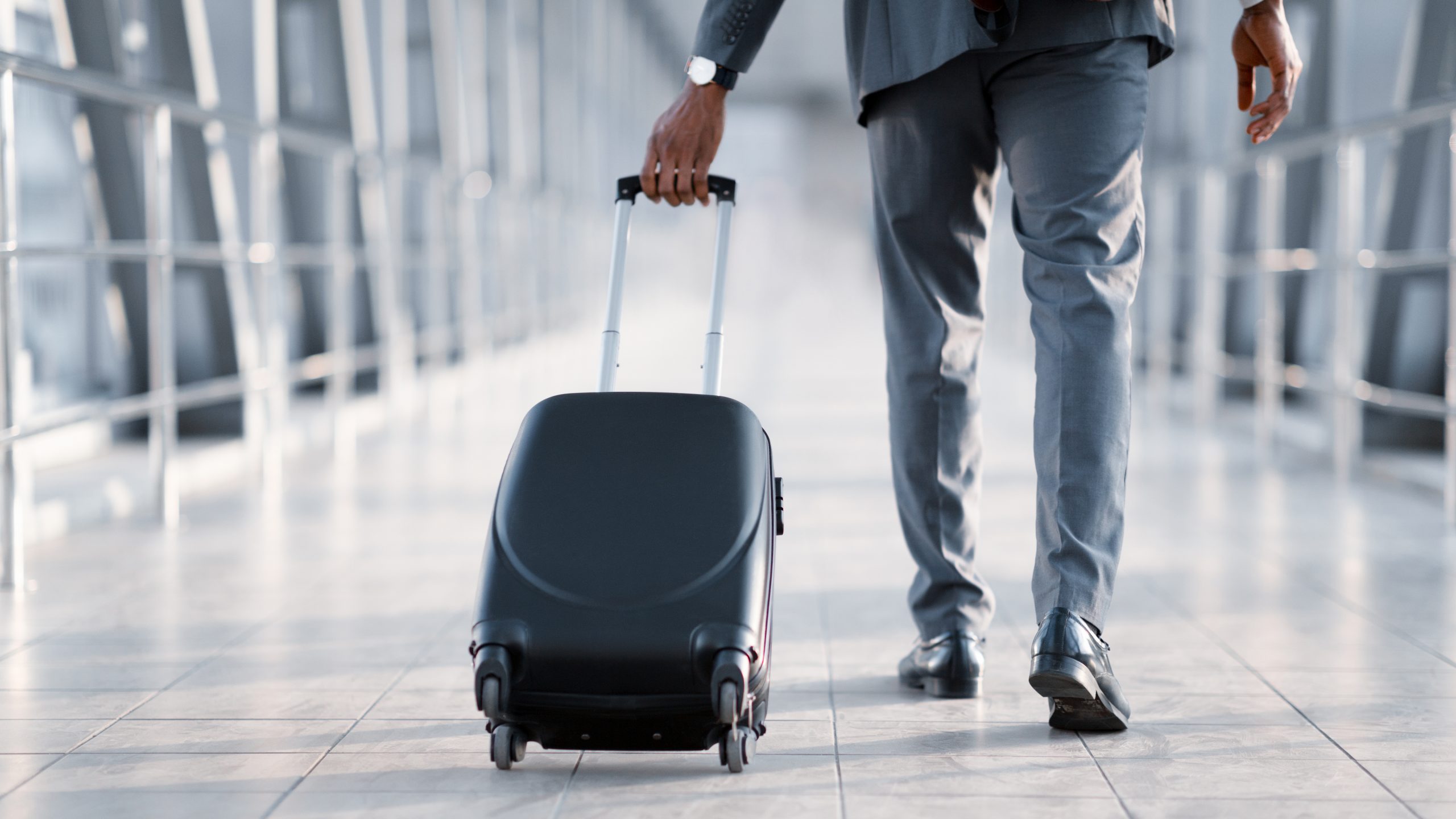UK Business Leaders React to Autumn Budget’s Travel and Transport Changes

In a budget statement closely watched by the UK’s business sector, Chancellor Rachel Reeves has announced a series of measures impacting travel and transport. Among the headline changes are a rise in Air Passenger Duty (APD), a steep 50% increase for private jet users, and a £500 million pledge to improve local road infrastructure.
The measures are expected to have significant implications for businesses across the country, particularly those in travel and transport, as they adjust budgets and explore greener, more cost-effective options in response.
Peter Slater, CEO of CMAC Group, a leading UK and international travel management and ground transportation provider, commented on how the changes would influence businesses that rely on frequent travel.
“The Chancellor’s decision to increase Air Passenger Duty will have a considerable impact across the travel industry,” he said.
“For short-haul flights, the increased APD might seem marginal, but these incremental costs add up, especially for businesses reliant on regular short-haul travel for meetings, networking, and client visits.”
Slater stressed that these rising costs could compel companies to consider alternative travel options that are both economically viable and more environmentally friendly.
One of the most notable budget points was the 50% APD hike for private jet users, which signals a strong move towards encouraging more sustainable travel choices. According to Slater, this could steer demand away from private aviation towards commercial and more eco-conscious options, aligning with a broader corporate shift toward reducing carbon footprints.
“This change aligns well with a growing commitment to driving greener operations in corporate travel,” he noted, highlighting the positive environmental implications of such a policy.
The Autumn Budget also allocated £500 million to improve local roads and address the UK’s notorious pothole issue, a move welcomed by the business community. Slater explained the significance of this investment for his industry: “Road quality is crucial to ensure safe, reliable, and efficient ground transportation across the UK. With better-maintained roads, businesses can experience less disruption to both logistics and employee travel, reducing vehicle repair costs and improving safety for all road users.”
Additionally, Reeves reaffirmed the government’s commitment to completing the HS2 rail line to London Euston, underscoring the importance of long-term infrastructure investment in supporting UK business productivity. Efficient rail connections, particularly between major urban centres, are essential for reducing road congestion and promoting sustainable travel options. “This move supports UK businesses by making travel between major hubs faster and more accessible, boosting productivity across industries,” Slater said.
Related
Calls for over 60 free bus travel update from Department…
Calls for free bus travel for those over the age of 60 in England is gaining more attention after an increase of support. Unlike those in Wales, Scotland, and N
Major UK train station is one of the worst places…
Pickpockets are a problem across the UK, but one place is the worst for having your belongings stolen. According to the British Transport Police (BTP), just und
UK Snow Travel Chaos: Kent, East Sussex, West Sussex, Hampshire,…
UK Snow Travel Chaos: Kent, East Sussex, West Sussex, Hampshire, Wiltshire, Surrey, Berkshire, Greater London, Essex, Suffolk, Hertfordshire,
‘Only travel if necessary’ warning as UK’s busiest motorway shut…
NATIONAL Highways have issued an urgent warning to drivers as one the UK's biggest motorways shuts for the weekend. They has urged drivers to re-plan their rou











